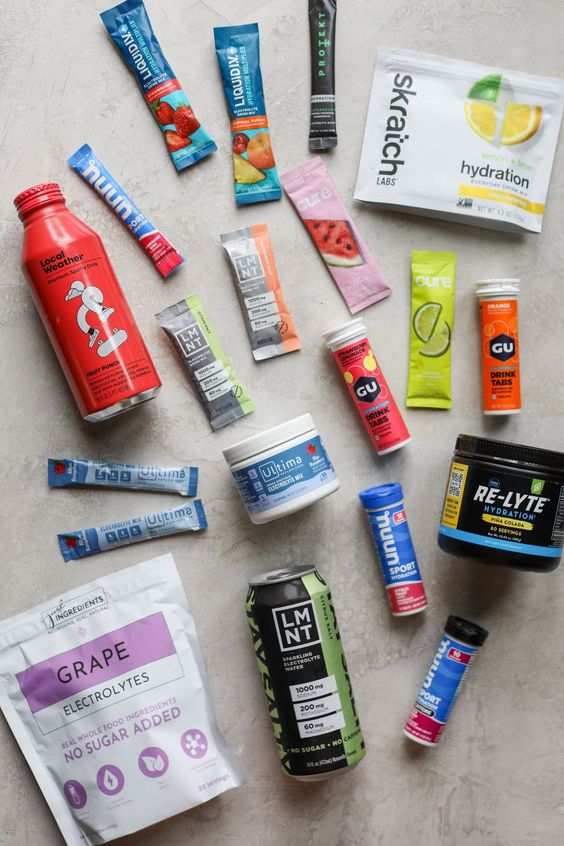
The Importance of Electrolytes Before and After Training
When it comes to optimizing your workout performance and recovery, one often-overlooked aspect is electrolytes. These essential minerals play a critical role in maintaining hydration, muscle function, and overall health. In this blog post, we’ll explore the importance of electrolytes before and after training, and how you can ensure you’re getting enough to support your fitness goals.
What Are Electrolytes?
Electrolytes are minerals in your body that carry an electric charge. The most common electrolytes include:
- **Sodium**: Helps regulate fluid balance and blood pressure.
- **Potassium**: Aids in muscle contractions and nerve function.
- **Calcium**: Important for muscle contractions and bone health.
- **Magnesium**: Supports muscle function and energy production.
These minerals are lost through sweat, urine, and even respiration, especially during intense workouts. Replenishing them is vital for maintaining optimal bodily functions.
Why Are Electrolytes Important Before Training?
1. **Hydration**: Proper hydration is crucial for peak performance. Electrolytes help your body retain water, reducing the risk of dehydration. This is especially important if you’re training in hot or humid conditions.
2. **Muscle Function**: Electrolytes, particularly sodium and potassium, are essential for muscle contractions. Low levels can lead to muscle cramps and weakness, hindering your workout.
3. **Energy Levels**: Electrolytes help with energy production and muscle recovery. Ensuring you’re adequately prepared with electrolytes can help maintain your stamina throughout your training session.
Pre-Workout Tips:
- **Hydrate**: Aim to drink fluids containing electrolytes before training, especially if you plan to work out for an extended period.
- **Snack Smart**: Consider a light snack that contains electrolytes, such as a banana (potassium) or a small handful of nuts (magnesium).
Why Are Electrolytes Important After Training?
1. **Recovery**: After a workout, your body needs to replenish lost electrolytes to recover effectively. This aids in muscle repair and reduces post-exercise fatigue.
2. **Rehydration**: Replenishing electrolytes helps restore your body’s fluid balance, preventing dehydration and promoting optimal recovery.
3. **Muscle Repair**: Electrolytes play a role in muscle recovery by helping to regulate muscle contractions and reducing soreness.
Post-Workout Tips:
- **Replenish**: Drink a recovery beverage that contains electrolytes within 30 minutes of finishing your workout. This can help kickstart the recovery process.
- **Balanced Meals**: Include whole foods rich in electrolytes in your post-workout meal. Foods like leafy greens, sweet potatoes, yogurt, and coconut water are excellent options.
How to Ensure Adequate Electrolyte Intake
1. **Balanced Diet**: Eating a varied diet rich in fruits, vegetables, nuts, and dairy can help you meet your electrolyte needs naturally.
2. **Sports Drinks**: For longer or more intense workouts, consider using electrolyte-enhanced drinks. Just be cautious of added sugars.
3. **Supplements**: If you struggle to get enough electrolytes through food and beverages, electrolyte supplements are available. Always consult with a healthcare professional before starting any new supplement.
Conclusion
Electrolytes are a vital component of your training regimen, influencing hydration, muscle function, and recovery. By focusing on your electrolyte intake both before and after workouts, you can maximize your performance and enhance your recovery. Remember, a well-hydrated body is a well-performing body. So, make sure to prioritize those essential minerals to support your fitness journey!



